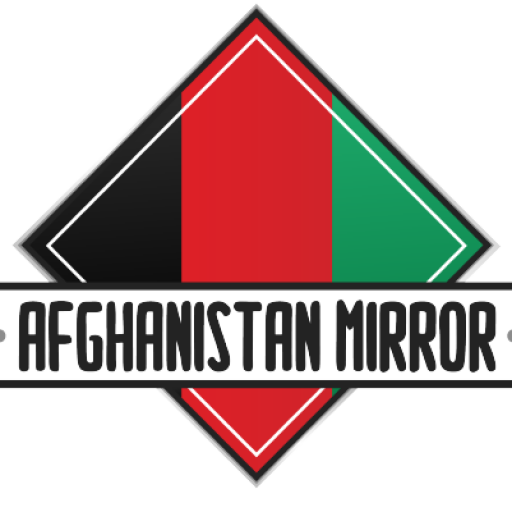KUNDUZ CITY (Pajhwok): Pajhwok Afghan News findings show that some doctors in northern Kunduz province write prescriptions to patients in unique codes and refer them to their own drugs stores.
According to Kunduz Public Health Department, there are a total of more than 350 pharmacies in the province, all licensed.
However, local people say that the presence of too many drug stores, poor quality medicines, unjust encoding of prescriptions and poor services have faced people with problems in the province.
Patients and their attendants also complain about doctors coding prescriptions and ask the government to stop health professionals from such practices.
For instance, Pajhwok correspondent reviewed two of such cases and compared prices of medicines in several drug stores.
The first prescription, which consisted of four types of medicines, cost 400 to 450 afghanis in general pharmacies, but it cost 500 afghanis in the drug store belonging to the doctor.
The second prescription, which included eight types of medicines, was priced from 580 to 720 afghanis in general pharmacies, but was for 820 afghanis in the drug store of the doctor.
Based on information Pajhwok has collected, hundreds of prescriptions are written in codes in Kunduz province, causing serious problems for the people.
A civil society activist, KarimHasas, told Pajhwok that some doctors write prescriptions in code which can be read by pharmacists of their own
drug stores.
“If a prescription is written in code, no any other pharmacists would be able to understand it even if you take it to all drugs stores in the city, this created problems for people and paved way for embezzlement of public money,” he said.
He said rural people were illiterate and patients have no way but to buy medicine from the drug store owned by doctors.
Ghulam Rasul, a resident of Sujani village in Khanabad district of Kunduz, who had come to Kunduz city said he could not find the medicine he needed for his patient at home town.
He said that a doctor prescribed some medicine for his patient, but he took it to every drug store in the city and no one was able to understand it.
“Other pharmacists instructed me that this prescription could only be found in the doctor’s own pharmacy, they were right, when I came to the drug store of the doctor, they gave me the medicine,” he said.
Gholam Mohammad, a member of Kunduz Youth Foundation, said that a number of doctors write prescriptions in code so that patients are forced to buy the medicine from their own pharmacies.
“I myself witnessed that doctors have connection with their nearby drug stores, no other drug stores can understand such prescriptions, patients
have no way but to buy the prescribed medicine of doctors’ related drug stores,” he said.
Ahmad Khalid Talash, a pharmacist in a drug store in Kunduz, also said that writing prescription in code by doctors was a form of corruption as doctors made big profit by such practice.
“If a patient is from Badakhshan province and he/she carries a coded prescription to all pharmacies in the province, no pharmacist can understand it, so patients have no way but to buy medicine from the doctor’s drug store,” he said.
However, Dr. Ahmad ShamimAkbarzai, a psychiatrist in Kunduz, said, “Some doctors who write prescriptions in code, they do it for the good of patient, because drug companies are different and patients should not buy poor quality medicine from other stores.”
Pharmacies evaluation team created: Public Health Department
Qari Mohammad Anwar Bashir, Kunduz Public Health director, said there were 350 pharmacies and 18 private clinics in the province, all of which were legally licensed.
“We have set up an investigation team to inspect pharmacies every day and identify those who violate the law and take them to justice,” he said.
Doctors who write prescriptions in cipher have been warned by the evaluation team, he said, adding that if any doctor continued the violation, his pharmacy would be closed and he would be taken to task.
“I do not deny problems in Kunduz, we held many meetings about coded prescriptions by doctors, and we directed officials concerned not to allow any negative culture which is in violation to the ethics of the profession of medical,” he said.
However, he said that the ethics of medical profession was an individual practice that every doctor should follow.
“We watch over doctors in clinics and healthcare centers so they should not write prescriptions in cipher, and again those who disobey the law will be taken to justice,” he said.
Besides Kunduz, coded prescriptions are also common in Kabul and other provinces of the country.
mds/ma
Hits: 22
